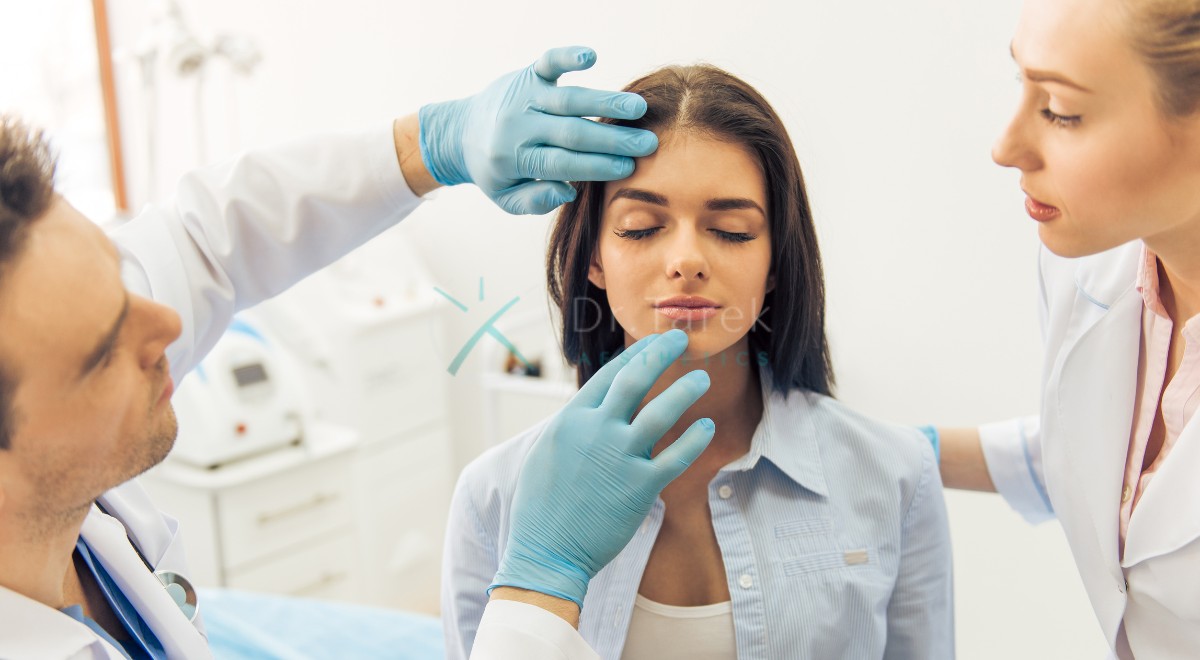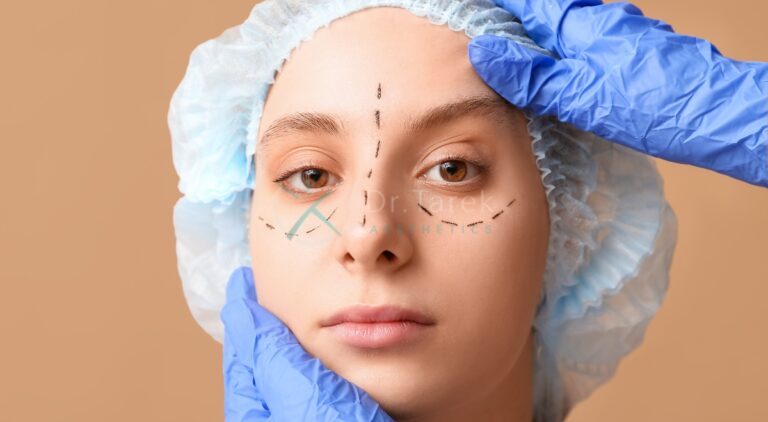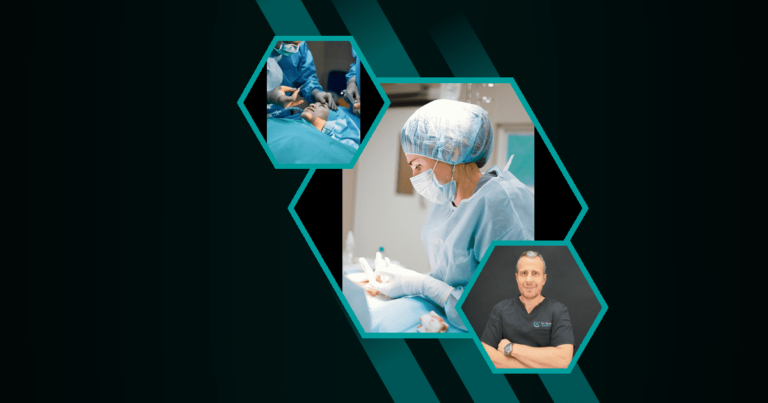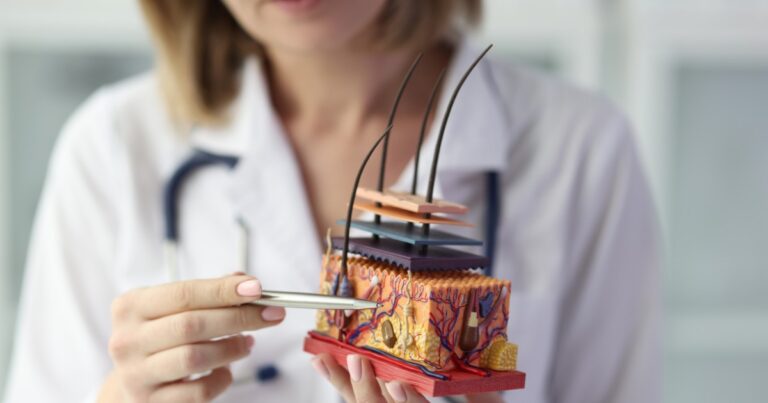Introduction
Plastic surgery is a specialized field of medicine that focuses on the repair, reconstruction, or alteration of the human body. Understanding the role of plastic surgeons is crucial for anyone considering undergoing a procedure, whether for medical or cosmetic reasons. This article delves into the various aspects of what plastic surgeons do, including their training, the types of procedures they perform, and their role in administering Botox.
What Do Plastic Surgeons Do? Plastic Surgeon What Do They Do? Do Plastic Surgeons Do Botox?
Definition and Scope of Plastic Surgery
Plastic surgery encompasses a wide range of procedures aimed at enhancing or restoring the appearance and function of the body. It includes both reconstructive and cosmetic surgeries.
- Reconstructive Surgery : Focuses on repairing defects or injuries.
- Cosmetic Surgery : Aims to improve appearance.
Common Procedures Performed by Plastic Surgeons
Plastic surgeons perform a variety of procedures, each tailored to meet the specific needs of their patients. These procedures can be broadly categorized into reconstructive and cosmetic surgeries.
- Facelifts : Tightening and lifting the facial skin.
- Rhinoplasty : Reshaping the nose.
- Breast Augmentation : Enhancing breast size and shape.
- Liposuction : Removing excess fat from specific areas.
Role of Plastic Surgeons in Administering Botox
Plastic surgeons are highly skilled in administering Botox, a popular non-surgical treatment for reducing wrinkles and fine lines. Botox is a neurotoxin that temporarily paralyzes muscles, leading to a smoother appearance.
Book A Consultation With Dr Tarek Bayazid
Top-rated Plastic Surgeon For Plastic Surgery in Dubai
Installment Plan Available
- Expertise : Plastic surgeons have extensive training in facial anatomy.
- Safety : Ensures the procedure is performed safely and effectively.
Conditions Plastic Surgeons Repair or Restore
Reconstructive Surgery
Reconstructive surgery aims to restore function and appearance to parts of the body affected by congenital defects, trauma, or medical conditions.
- Cleft Lip and Palate Repair : Corrects congenital deformities.
- Burn Reconstruction : Restores skin and function after severe burns.
- Scar Revision : Improves the appearance of scars.
Cosmetic Surgery
Cosmetic surgery focuses on enhancing the aesthetic appeal of various body parts. It is elective and often pursued to boost self-confidence.
- Facelifts : Reduces signs of aging.
- Breast Augmentation : Enhances breast size and shape.
- Tummy Tucks : Removes excess skin and fat from the abdomen.
Trauma and Injury Repair
Plastic surgeons play a crucial role in repairing injuries resulting from accidents or trauma. These procedures are often complex and require a high level of expertise.
- Facial Fracture Repair : Restores the structure and function of facial bones.
- Hand Surgery : Repairs injuries to the hand and fingers.
- Skin Grafts : Transfers healthy skin to damaged areas.
Education and Training Requirements for Plastic Surgeons 
Medical School and Residency
Becoming a plastic surgeon requires extensive education and training. The journey begins with medical school, followed by a residency in plastic surgery.
- Medical School : Four years of medical education.
- Residency : 6-8 years of specialized training in plastic surgery.
Specialty Training and Fellowships
After completing their residency, plastic surgeons may pursue additional training in specific areas of interest through fellowships.
- Reconstructive Surgery Fellowship : Focuses on complex reconstructive procedures.
- Cosmetic Surgery Fellowship : Specializes in aesthetic procedures.
- Pediatric Plastic Surgery Fellowship : Concentrates on surgeries for children.
Board Certification Importance
Board certification is a crucial aspect of a plastic surgeon’s credentials. It signifies that the surgeon has met rigorous standards of education, training, and ethical practice.
- American Board of Plastic Surgery : The primary certifying body.
- Continuous Education : Requires ongoing education and re-certification.
Types of Specialty Training Available to Plastic Surgeons
Reconstructive Surgery Training
Reconstructive surgery training equips plastic surgeons with the skills needed to repair and restore function to damaged or deformed body parts.
- Microsurgery : Techniques for repairing small blood vessels and nerves.
- Flap Surgery : Moving tissue from one part of the body to another.
Cosmetic Surgery Training
Cosmetic surgery training focuses on procedures that enhance the appearance of patients. This training includes both surgical and non-surgical techniques.
- Facial Aesthetics : Techniques for facelifts, eyelid surgery, and more.
- Body Contouring : Procedures like liposuction and tummy tucks.
Pediatric Plastic Surgery Training
Pediatric plastic surgery training prepares surgeons to address congenital and acquired deformities in children.
- Cleft Lip and Palate Repair : Corrects congenital facial deformities.
- Craniofacial Surgery : Addresses skull and facial bone abnormalities.
Plastic Surgeons vs. Cosmetic Surgeons
Differences in Training and Certification
While all plastic surgeons are trained in cosmetic procedures, not all cosmetic surgeons have the same level of training and certification.
- Plastic Surgeons : Extensive training in both reconstructive and cosmetic surgery.
- Cosmetic Surgeons : May have varied backgrounds and less comprehensive training.
Scope of Practice for Each Specialty
The scope of practice for plastic surgeons and cosmetic surgeons can differ significantly, impacting the types of procedures they perform.
- Plastic Surgeons : Perform a wide range of reconstructive and cosmetic procedures.
- Cosmetic Surgeons : Focus primarily on aesthetic enhancements.
What to Expect During Your First Visit with a Plastic Surgeon 
Initial Consultation Process
The first visit with a plastic surgeon involves a thorough consultation to discuss your goals and expectations.
- Medical History : Review of your medical history and current health.
- Physical Examination : Assessment of the area to be treated.
Discussing Goals and Expectations
During the consultation, you will discuss your desired outcomes and any concerns you may have.
- Realistic Expectations : Understanding what can be achieved.
- Treatment Options : Exploring different procedures and their benefits.
Treatment Planning and Options
Based on your goals and the surgeon’s assessment, a personalized treatment plan will be developed.
- Procedure Details : Explanation of the chosen procedure.
- Recovery Plan : Information on the recovery process and aftercare.
Types of Cosmetic Procedures Performed by Plastic Surgeons
Facelifts and Rhinoplasty
Facelifts and rhinoplasty are popular cosmetic procedures aimed at enhancing facial appearance.
- Facelifts : Tighten and lift sagging facial skin.
- Rhinoplasty : Reshape the nose for improved aesthetics and function.
Breast Augmentation and Reduction
Breast augmentation and reduction are procedures that alter the size and shape of the breasts.
- Breast Augmentation : Increases breast size using implants.
- Breast Reduction : Reduces breast size to alleviate discomfort.
Liposuction and Body Contouring
Liposuction and body contouring procedures help to remove excess fat and reshape the body.
- Liposuction : Removes fat from specific areas.
- Tummy Tucks : Tightens the abdominal area by removing excess skin and fat.
Plastic Surgeons vs. Dermatologists
Differences in Training and Expertise
Plastic surgeons and dermatologists have different training and areas of expertise, which influence the types of procedures they perform.
- Plastic Surgeons : Trained in surgical procedures for reconstruction and aesthetics.
- Dermatologists : Specialize in skin conditions and non-surgical treatments.
Types of Procedures Each Specialist Performs
The procedures performed by plastic surgeons and dermatologists vary based on their training and expertise.
- Plastic Surgeons : Perform surgical procedures like facelifts and breast augmentation.
- Dermatologists : Focus on skin treatments like laser therapy and chemical peels.
Factors to Consider When Looking for the Best Botox Providers
Importance of Board Certification
Board certification is a key factor to consider when choosing a Botox provider. It ensures that the provider has met rigorous standards of training and practice.
- Verified Credentials : Ensures the provider is qualified.
- Safety and Quality : Guarantees adherence to high standards of care.
Experience and Expertise in Botox Administration
Experience and expertise are crucial for achieving the best results with Botox.
- Years of Practice : More experience often leads to better outcomes.
- Specialized Training : Providers with specific training in Botox administration.
Patient Reviews and Before-and-After Photos
Patient reviews and before-and-after photos can provide valuable insights into the provider’s skills and patient satisfaction.
- Patient Testimonials : Real experiences from previous patients.
- Visual Evidence : Before-and-after photos showcasing results.
Why Correct Board Certification Matters
Ensuring Safety and Quality of Care
Board certification is essential for ensuring the safety and quality of care provided by plastic surgeons.
- Rigorous Standards : Certification requires meeting high standards of education and practice.
- Ongoing Education : Certified surgeons must continue their education to stay current.
Recognizing Red Flags in Non-Certified Providers
Non-certified providers may not have the necessary training or expertise, posing risks to patients.
- Lack of Credentials : Absence of board certification.
- Inconsistent Results : Higher likelihood of unsatisfactory outcomes.
Why Patients Should Visit a Board-Certified Plastic Surgeon Regardless of the Procedure
Comprehensive Training and Expertise
Board-certified plastic surgeons have undergone extensive training, ensuring they are well-equipped to perform a wide range of procedures.
- Diverse Skill Set : Ability to handle both reconstructive and cosmetic surgeries.
- Advanced Techniques : Knowledge of the latest surgical methods.
Long-Term Results and Patient Satisfaction
Choosing a board-certified plastic surgeon increases the likelihood of achieving long-term results and high patient satisfaction.
- Consistent Outcomes : Proven track record of successful procedures.
- Patient-Centered Care : Focus on meeting patient needs and expectations.
Injectable Dermal Fillers: What You Need to Know
Types of Dermal Fillers
Dermal fillers are injectable treatments used to enhance facial features and reduce signs of aging.
- Hyaluronic Acid Fillers : Popular for their natural-looking results.
- Calcium Hydroxylapatite Fillers : Used for deeper wrinkles and volume loss.
How Fillers Enhance Appearance
Dermal fillers work by adding volume to specific areas of the face, resulting in a more youthful appearance.
- Smooth Wrinkles : Fillers reduce the appearance of fine lines and wrinkles.
- Enhance Contours : Improve facial contours and symmetry.
Choosing the Right Filler for Your Needs
Selecting the appropriate filler depends on your specific goals and the areas to be treated.
- Consultation : Discuss your goals with a qualified provider.
- Personalized Plan : Develop a treatment plan tailored to your needs.
What to Expect During Dermal Filler Treatment
Pre-Treatment Consultation
Before undergoing dermal filler treatment, a consultation is necessary to discuss your goals and expectations.
- Medical History : Review of your medical history and any allergies.
- Treatment Plan : Development of a personalized treatment plan.
The Treatment Process
The dermal filler treatment process is relatively quick and involves minimal discomfort.
- Injection : Fillers are injected into the targeted areas.
- Immediate Results : Noticeable improvement in appearance right after the procedure.
Post-Treatment Care and Results
Proper post-treatment care is essential for achieving the best results and minimizing side effects. Top Rhinoplasty Specialist Dr. Tarek helps people get the perfect nose they want by using his expert skills in nose surgery A Gynecomastia surgery expert is a doctor who helps boys and men by removing extra chest tissue to make them feel more comfortable and confident
Plastic blepharoplasty specialist is a doctor who fixes eyelids They make eyes look younger and help people see better Cosmetic procedures discomfort can make people feel sore or uncomfortable Getting beauty treatments might hurt a little but it usually goes away quickly
Rhinoplasty transformation results can make your nose look different and better People often feel happier and more confident after Masculine rhinoplasty expertise helps surgeons make men’s noses look more manly Doctors with
- Avoid Touching : Refrain from touching or massaging the treated areas.
- Follow-Up : Schedule follow-up appointments to monitor results.
Related Topics
- Patient Care Center : Comprehensive resources for patient care.
- Before & After Photos : Visual evidence of successful procedures.
- Patient Safety : Ensuring the highest standards of safety and care.
- Finding a Qualified Provider Near You : Tips for locating a board-certified plastic surgeon in your area.
FAQs
What Do Plastic Surgeons Do? Plastic Surgeon What Do They Do? Do Plastic Surgeons Do Botox?
Plastic surgeons perform a wide range of procedures aimed at enhancing or restoring the appearance and function of the body. They are trained in both reconstructive and cosmetic surgeries. Yes, plastic surgeons do administer Botox as part of their non-surgical treatment options.
How Do I Choose the Right Plastic Surgeon for Botox?
Choosing the right plastic surgeon for Botox involves considering their board certification and experience. Look for a provider with a proven track record in Botox administration. Patient reviews and before-and-after photos can also provide valuable insights.
What Are the Differences Between Plastic Surgery and Cosmetic Surgery?
Plastic surgery encompasses both reconstructive and cosmetic procedures, while cosmetic surgery focuses solely on aesthetic enhancements. Plastic surgeons undergo extensive training in both areas, whereas cosmetic surgeons may have varied backgrounds.
Why Should I Visit a Board-Certified Plastic Surgeon for Cosmetic Procedures?
Visiting a board-certified plastic surgeon ensures you receive care from a highly trained and qualified professional. Board certification signifies adherence to rigorous standards of education and practice, ensuring safety and quality of care.
What Should I Expect During My First Visit with a Plastic Surgeon?
During your first visit with a plastic surgeon, you can expect a thorough consultation to discuss your goals and medical history. The surgeon will assess the area to be treated and develop a personalized treatment plan tailored to your needs.








